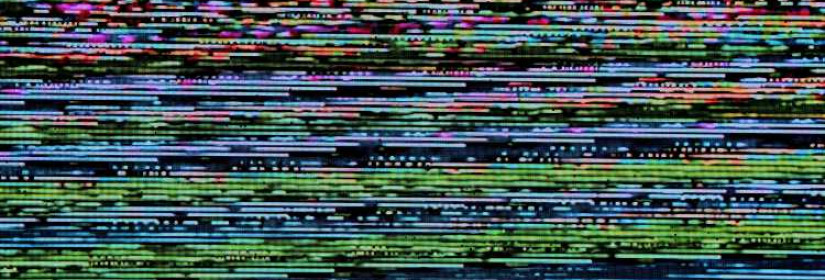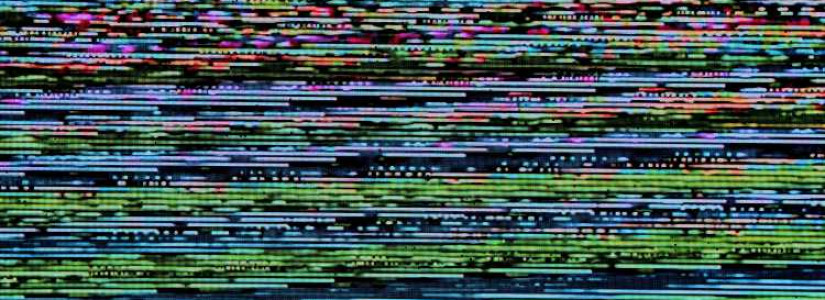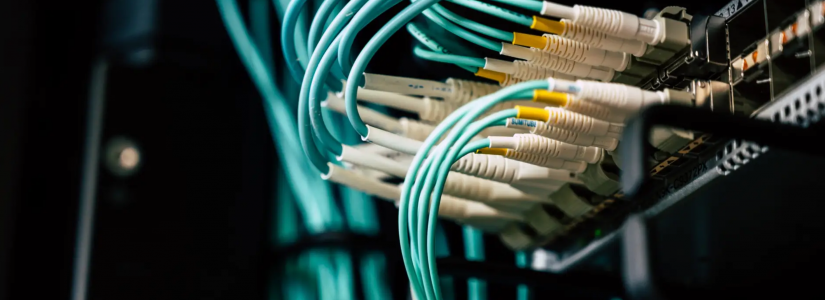How To Troubleshoot The Most Common Problems On Your Computer

In our modern, computer-dependent lives, the thought of living without our trusted devices is inconceivable. However, electronic devices, including computers, are susceptible to various hardware and software issues. With the rise of remote work due to the COVID-19 pandemic, the need to troubleshoot and resolve computer problems from the comfort of our homes has become more crucial than ever. This blog post aims to shed light on common computer issues and provide tips for effective troubleshooting. Read on to enhance your technology troubleshooting skills.
How to Troubleshoot Your Computer
Discover surprising commonalities in the root causes of computer issues and explore these tips before seeking professional assistance.
-
Run a Comprehensive Virus Scan
- Many software problems stem from computer viruses, especially when browsing without adequate protection. Windows operating systems now come equipped with built-in firewalls and antivirus tools. Conduct a quick virus scan to identify potential threats, and effortlessly eliminate them with a simple click.
-
Keep Your Operating System Updated
- Frequently, software glitches find their origin in an outdated operating system. A swift update can resolve issues related to software installation and functionality. If the problem persists, consider restarting your computer after closing all active applications.
-
Remove Unwanted Programs
- Overloading your computer with unnecessary software can lead to lag and decreased efficiency. The number of programs you can install depends on your hard drive, while the capacity to run multiple programs simultaneously relies on your computer's RAM. Improve your workstation's performance by decluttering unwanted software.
-
Address RAM Issues
- For users of laptops with unsoldered parts, be attentive to your RAM's condition if your computer emits beeping sounds and fails to start. While this issue is common in computers with unsoldered parts, the flexibility to update configurations makes them popular. Cleaning the RAM can often resolve these issues.
-
Reinstall Your Operating System
- When your computer refuses to boot up, corrupted operating system files might be the culprit. This can occur with older devices as software is continuously added and removed. A straightforward solution is to reinstall your operating system to rectify the problem.
Final Tips for Long-lasting Computer Health
Fixing computer issues doesn't always require the expertise of an IT specialist. Simple solutions like restarting, reinstalling, or cleaning up storage can often do the trick. To ensure your computer's longevity, make it a habit to run a virus scan weekly and declutter your storage monthly.
By incorporating these troubleshooting tips into your routine, you can empower yourself to address common computer issues and keep your device running smoothly without the need for constant professional intervention.










